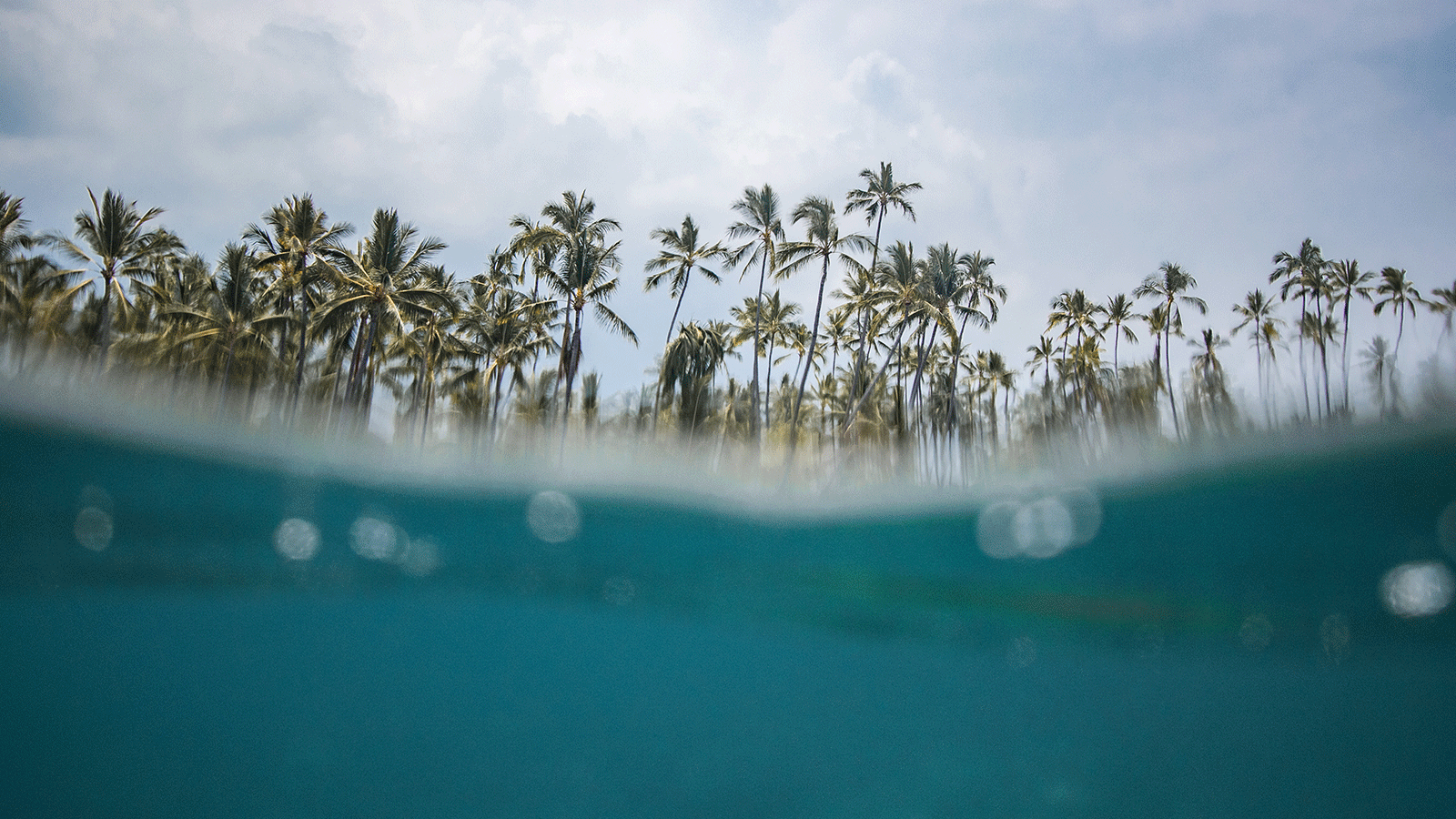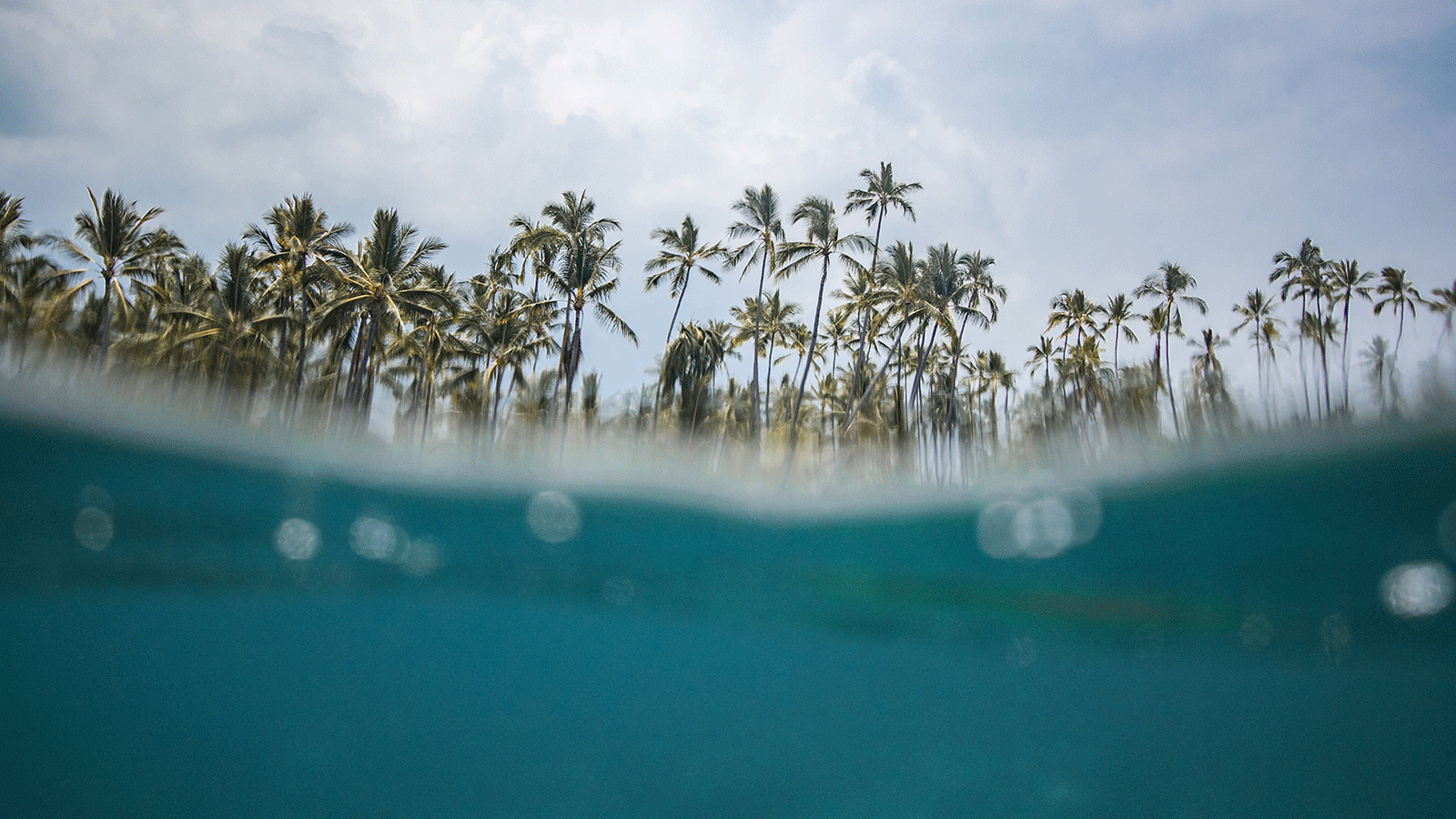
Hawaii has launched a new medical cannabis digital registration platform that will allow tourists with out-of-state doctors’ recommendations to access the state’s legal marketplace.
The Hawaii Department of Health (DOH) announced on March 5, 2019, that its new online medical cannabis registry will give qualified Hawaiian and out-of-state patients access to their medical cannabis cards electronically. The new program recognizes medical card reciprocity for anyone with a valid U.S. medical recommendation — a relief for patients among the islands’ 9.4 million annual tourists. In addition, application approvals are expected to be issued quickly, often in a day, officials said. Patients can apply up to 60 days prior to their visits.
Peter Whiticar, chief of the DOH’s Harm Reduction Services branch, said his team suggested getting the new system up as fast as possible. In the end, it would take them eight months to reach the finish line.
The new program recognizes medical card reciprocity for anyone with a valid U.S. medical recommendation. Click To Tweet
“The electronic registration cards contain the same verifiable information as the hard-copy cards that we have issued since 2015, but we’ve taken a major step forward to modernize the process and improve the patient experience,” Whiticar said in a statement. “We can now, for the first time, invite qualified out-of-state patients to apply up to 60 days prior to their visit to Hawai’i and get their cards online prior to arrival.”
The DOH rules forbid “acquiring, possessing, cultivating, using, distributing, or transporting cannabis or paraphernalia in all public places,” including:
- Public parks and beaches
- Recreation and youth centers
- School grounds
- In a moving vehicle, including school buses or public transit buses
- In the workplace
In addition, all smoke-free laws apply and travel with cannabis between the islands is banned. Approved patients are eligible for up to two terms in a single calendar year, with each term beginning when the temporary card is printed. Cards are valid for up to 60 days or up to the expiration date of medical cannabis card, whichever date comes first. Travelers who will be on the islands beyond the two terms can sign up for the state’s full medical marijuana program, which does not have a residency requirement.
The process has been simplified for out-of-state patients. The DOH made a video tutorial to guide out-of-state patients through the application process. The application costs about $50, requires a valid state ID and a current doctor’s recommendation to be from the same state. The Hawaii program’s medical card reciprocity is limited to patients with recommendations that also are recognized as a qualifying condition in Hawaii.
A June 2017 update now covers a wider spectrum of conditions, including lupus, epilepsy, multiple sclerosis, and rheumatoid arthritis. “The introduction of Hawaii’s electronic medical cannabis card is a major step in improving access to medical cannabis for qualified patients in Hawai’i and out-of-state patients in the 37 other jurisdictions where medical cannabis is allowed,” Bruce Anderson, director of the Hawaii Department of Health, said in a statement.
The Politics of Medical Marijuana
One of the key players in making purchases a reality for out-of-state patients was Democratic state Rep. John M. Mizuno. As chair of the House Human Service Committee and Health and the Human Service Committee/National Asian-American Caucus, Mizuno was positioned to take action on medical cannabis issues, including HB 2729, giving out-of-state patients access to their medical cannabis.
“Last year we had landmark legislation. One of them was a medical cannabis omnibus bill that had everything in the kitchen sink,” Mizuno told Weedmaps News. “This is one of them, reciprocity.”
Mizuno touted the program’s online access, noting that, “We’re the first state in the country to have these electronic cards. You can have your medical cannabis card ready to go weeks before your arrival. Which is big because everyone in the U.S. knows you can’t travel with your medical cannabis.”
Mizuno noted the state hasn’t always been so progressive. In 2000, after the state became the first in the U.S. to pass a medical marijuana law through the legislature and not the ballot box, it would take another 17 years for dispensaries to open their doors. Mizuno shared his joy watching those hurdles starting to fade.
“It’s been heartwrenching watching our patients sit on the sideline all those years,” Mizuno said. “All the other states blast right by us with good policy on medical cannabis use.”
Mizuno claims he is content with the current state of policy based on patients needs regardless of whether they live in Hawaii, but added that tourism, the state’s economic bread and butter, will benefit from the new access.
“It wasn’t difficult for me to explain it when anyone had questions about what it would mean for the state,” Mizuno said.
Democratic state Rep. Della Au Belatti was one of the other members of the Hawaiian legislature who originally introduced HB 2729 alongside Mizuno in January 2018. She is impressed the state was able to implement everything since Governor David Ige signed off on the modifications to the medical cannabis program in July 2018.
“I think the department has spent a good deal of time putting this together,” Belatti told Weedmaps News.
Beneficial for Visitors and Hawaii
Though Belatti spoke about the potential impact of cannabis tourism, she said cash wasn’t the deciding issue. “This is something that was important to legislators,” Belatti said. “We want to ensure that people who are qualified out-of-state patients have access to our dispensaries.”
The Hawai’i Educational Association for Therapeutic Healthcare (HEALTH) applauded the registration system going live as the daily inquiries its membership saw were definitely a driving force behind the idea.
“As Hawaiʻi’s medical cannabis dispensary program continues to grow, we are happy the program will be extended to visitors from out of state so that visitors with debilitating diseases, chronic pain, PTSD [post-traumatic stress disorder] and other conditions can continue to receive the therapeutic effects of cannabis while in Hawaiʻi,” said Pedro Haro, Executive Director of HEALTH. “This is a major milestone for integrative healthcare options in the islands and for our visitor industry as a whole.”
Haro said they don’t have an exact expectation on the number of tourists but believes the time Hawaii has spent aligning its industry will have everyone prepared, “Because it’s been a gradual process we’ve had the opportunity in the last 18 months that dispensaries have been operational to really ramp up operations.
“But we do know some people choose their vacation destination based on what they’re able to obtain legally if they have medical ailments,” Haro said. “So this opens up a whole new world of possibilities for visitors.”
“Every day we get inquiries from out-of-state patients about their ability to access medical cannabis while in Hawaii for vacation or to visit family and friends,” said Teri Freitas Gorman, director of community relations and patient affairs for Hawaii’s original dispensary, Maui Grown Therapies.
Freitas Gorman said that most of the callers want to use lab-tested products legally.
“Hawaiʻi has a long history of using plants to restore balance and wellness,” she wrote Weedmaps News in an email. “While cannabis isn’t part of our cultural history, it does thrive in the islands. Maui especially is world-famous for its plant genetics so we are excited to share these heirloom varieties with our visitors.”
Freitas Gorman closed by noting that “aloha” means caring for people, and the medical card program does exactly that.











